Welcome to Reading Revisited, a place for friends to enjoy some good old-fashioned book chat while revisiting the truth, beauty, and goodness we’ve found in our favorite books.
Here’s what one of our oldest book club members has to say about joining a Reading Revisited Book Club…
Over the course of my years in book club I have come to understand that reading, though often done alone, is by no means a lonely endeavor. Rather, it is a reaching out of minds across time and space that guides us further into the mystery of being human. And even more so, it is an invitation to grow in fellowship with those who, present in our own time and space, are on the same quest for their eternal identity as a unique part of a whole.
-
January is typically our Shakespeare month, because one needs to begin reading the January book in mid-December, and mid-December is one of the busiest and best times of the year.
Therefore, there is no more timely time to read a play (because it is short) than around Christmas, and there is no better time to read Shakespeare (because he is astoundingly wonderful) than at the best time of the year!
Therefore join us this year in fulfilling every self-respecting book-lover’s New Year’s resolution to read more Shakespeare, by reading…The Merchant of Venice.
I (
) will be the guide for this work’s weekly Read Along Guides1. There is so much to love about this book.Last year for Shakespeare month we read Othello, and I mentioned that Shakespeare, as someone who loves aesthetics, reveled in the plays on words and images which he was able to create in the juxtaposition of black and white. Here, in The Merchant of Venice, he revels in contradictions and marriages again. Contradictions (and bringing-together-ings) between the city and the country, between men and women, between duty and license, between law and grace, between the Old Covenant and the New Covenant. It’s amazing, and it’s so very fun.
A note on the text
If you’re looking for which version to purchase, I cannot recommend the Ignatius Critical Editions enough.
We have linked to the ICE publication of The Merchant of Venice in this post. Ignatius has published a lot of other classics as well (including Huckleberry Finn, Wuthering Heights, and the August Austen book we will read this year…).
I did not realize how much an editor’s footnotes could influence my reading of a text, until I had an ICE in my hands and realized that every footnote I’d ever read before that moment came from a mind that did not believe that life was worth living. It’s not a novel statement to say that the vast majority of scholarly work comes from minds that have rejected Judeo-Christian thought. That’s fine. That’s one perspective. But it’s not the full perspective. And I was floored by the windows into the text that suddenly opened up before me when I was reading footnotes by an editor that believed that there is truth, that people can be virtuous, and that joy can save. So, grab yourself an ICE edition of all your favorite classics, you won’t be disappointed!
Some Shakespeare we’ve read in the past2
Now I pass you off to two more friends so they can continue to convince you that you must meet Portia, I mean, the merchant of Venice alongside us this year.
From
of :I read The Merchant of Venice for the first time as a seventh grader—the K-12 charter I was attending sprinkled Shakespeare plays into the English curriculum starting in sixth grade. Even then, the idea of scrambling to repay the unpayable resonated with me. The doom settling in over Antonio and the heavy price of a “pound of flesh” felt familiar. Whatever else Shakespeare is, he’s always felt personal. His characters are dealing with human problems, albeit in iambic pentameter. I won’t spoil the fabulous trick of wordplay that resolves Antonio’s problems, but the play offers a message that was good for a middle schooler and is good for a mother-of-many now: this is all going to work out in the end.
The only recommendation I have for reading Shakespeare isn’t original: read (at least some of it) out loud—with family, with friends, or even alone. What I could only identify in seventh grade as a brightness in Shakespeare’s language, a vibrance, is what I recognize now as English dialed up to full power. I’ll never hear and understand The Odyssey in Homer’s dactyls, but I can read a Shakespeare play to get a sense of what that must have been like. That experience is the Bard’s gift to all speakers of the language he must have loved so much.
From
of :Everyone either loves Shakespeare or knows they should love Shakespeare. If you’ve never read him (or if you haven’t read him since high school), The Merchant of Venice might be just the play to start with. It blends together two folk tales that predate Shakespeare by centuries. There is the story of the creditor Shylock who seeks a literal pound of his debtor Antonio’s human flesh. But there is also the fairy tale romance of lovers who must solve a riddle to wed or be lost from each other forever. There is drama and color and energy and mystery at every turn. Though we call The Merchant of Venice a comedy, its most memorable scenes are heart-wrenching and filled with pathos. The creditor Shylock, whose Jewishness is ridiculed by the play’s Christians, offers one of Shakespeare’s most pointed speeches: “Hath not a Jew eyes? … If you prick us, do we not bleed?” There are human questions here that go beyond the specifics of 16th century anti-Semitism. More famous still is Portia’s courtroom plea when Shylock seeks his due pound of flesh. Her reflection on the nature of mercy contains images we still utilize today: “The quality of mercy is not strain'd. It droppeth as the gentle rain from heaven. It is twice blest: It blesseth him that gives and him that takes. 'Tis mightiest in the mightiest.” I love this play because it is pure Shakespeare. It has a fairy tale quality to it; it is suspenseful. Above all, though, it is Shakespeare. The writing – his ability to use exactly the right words in exactly the right way – makes it something close to perfect.
Merchant of Venice Tentative Schedule
Friday, December 12th: Introduction and Schedule
Monday, December 15th: ep. ##: Intro to Merchant of Venice and Shakespeare
Wednesday, December 17th: Act I
Tuesday, December 23rd: Act II
Tuesday, December 30th: Act III
Wednesday, January 7th: Act IV
Wednesday, January 14th: Act V
Thursday, January 22nd: Virtual Book Club
Monday, February 2nd: ep. ##: Revisiting Merchant of Venice
Next up, we will announce our long book of the year!
Check out the previous Book Drop Day Posts:
Welcome to Book Drop Day
September (Book About Books)
October (American Classic)
November (Gothic Novel)
December Part 1 (Book About Poetry)
December Part 2 (Book of Poetry)
Until next time, keep revisiting the good books that enrich your life and nourish your soul.
In Case You Missed It:
On the Podcast:
ep. 57: Bookish Bio of Griffin Gooch (a Bookish PhD Student)
ep. 58: One Year Anniversary of the Reading Revisited Podcast
What We’re Reading Now/Next:
June
Trust by Hernan Diaz
July
Everything Sad is Untrue by Daniel Nayeri
August
Northanger Abbey by Jane Austen
A Few Reminders:
If you are wanting to get in on the in person or virtual community please contact us!
We have turned on paid subscriptions which will allow you to support the work we are doing here as well as receive Read Along Guide PDFs each month and voice recordings of the Read Along Guides.
If you would like to make a small contribution to the work we’re doing here at Reading Revisited, we invite you to do so with the Buy (Us) a Coffee button below. We so appreciate your support!
*As always, some of the links are affiliate links. If you don’t have the books yet and are planning to buy them, we appreciate you using the links. The few cents earned with each purchase you make after clicking links (at no extra cost to you) goes toward the time and effort it takes to keep Reading Revisited running, and we appreciate it!
It is our habit, here at Reading Revisited, to post weekly Read Along Guides. We like to think of these “RAGs” as bookmarked notes, or “just some things I couldn’t help but notice,” which we don’t want to forget to bring up with our friend next time we get together to discuss the book.
Each month has been assigned a “guide” to write these weekly Read Along Guides.









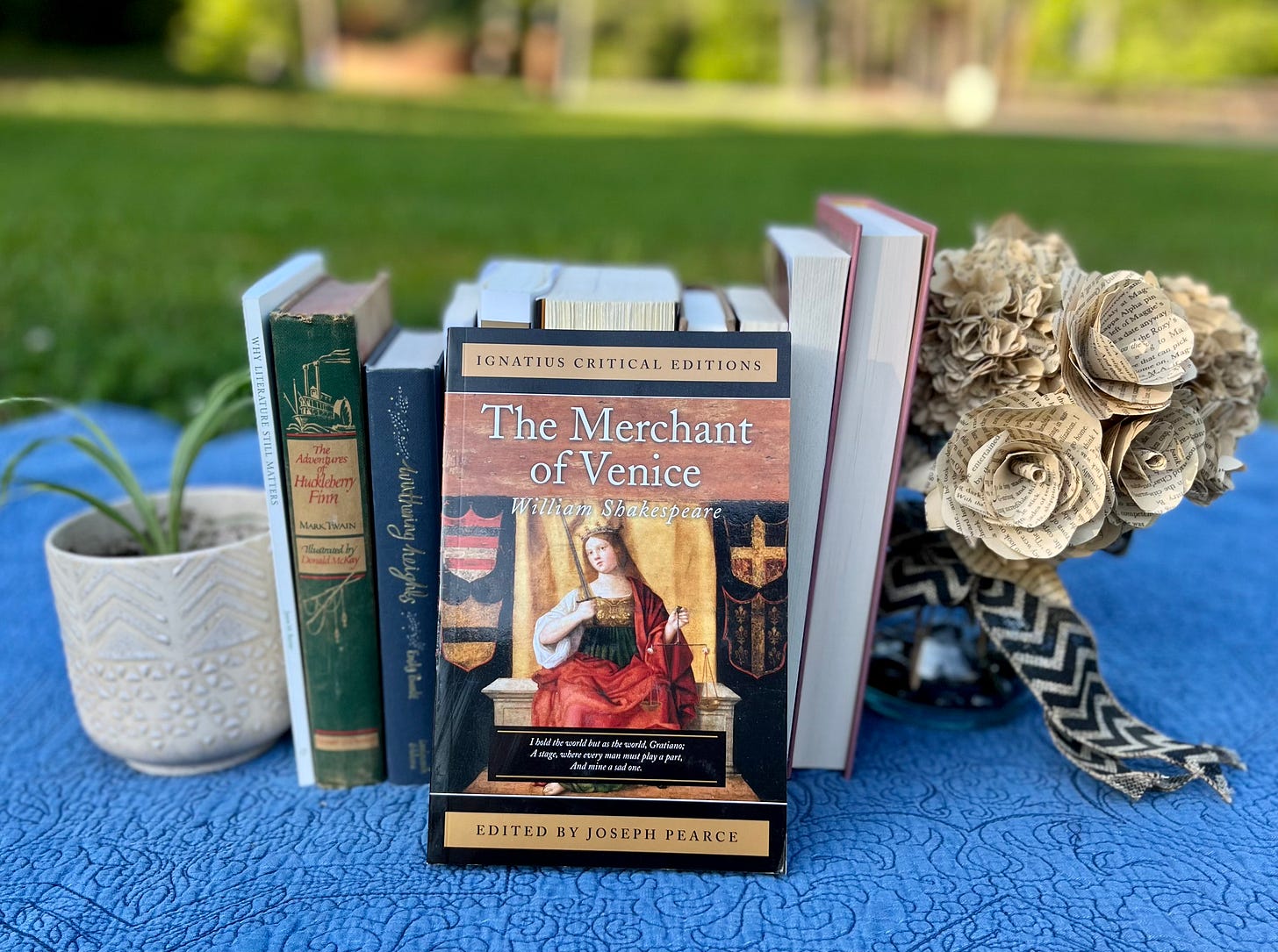
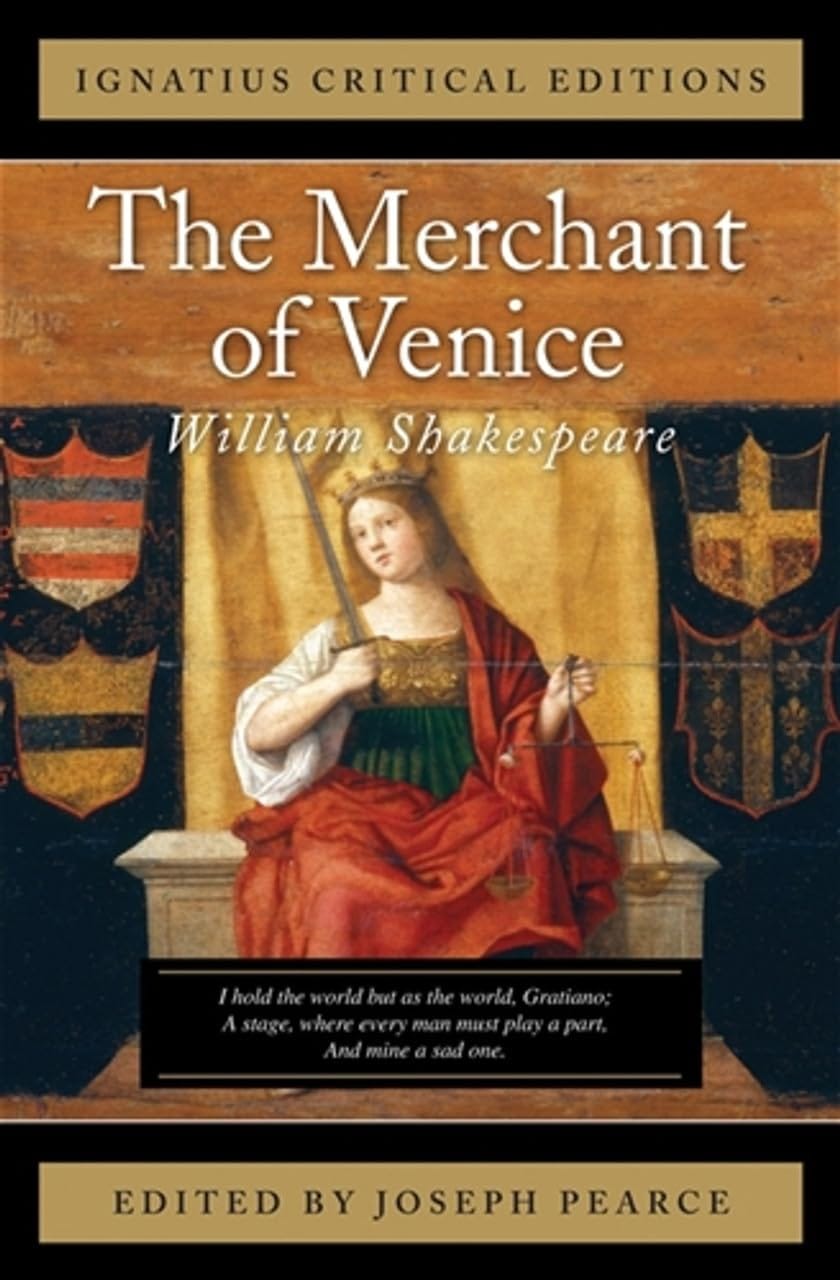


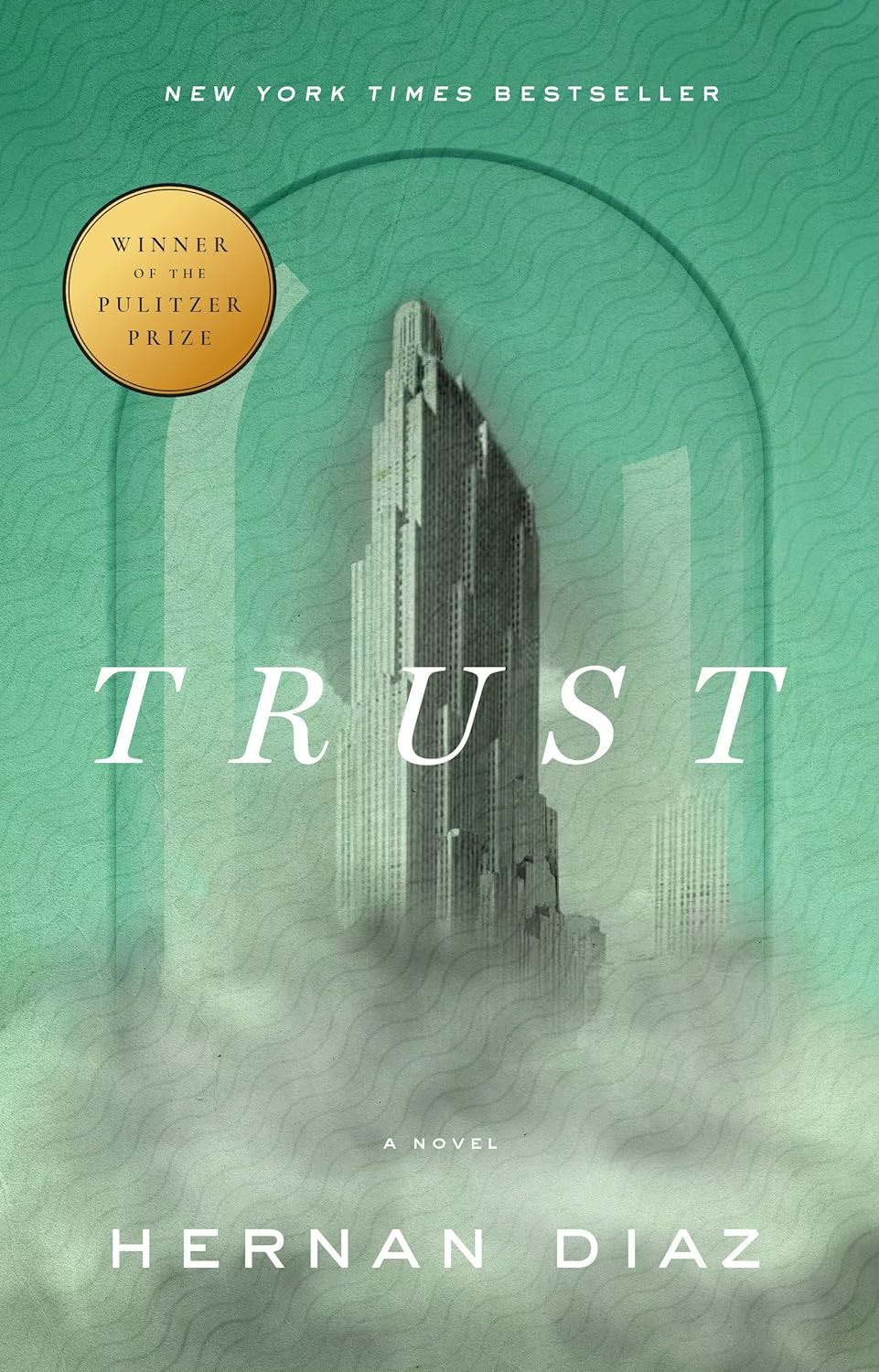
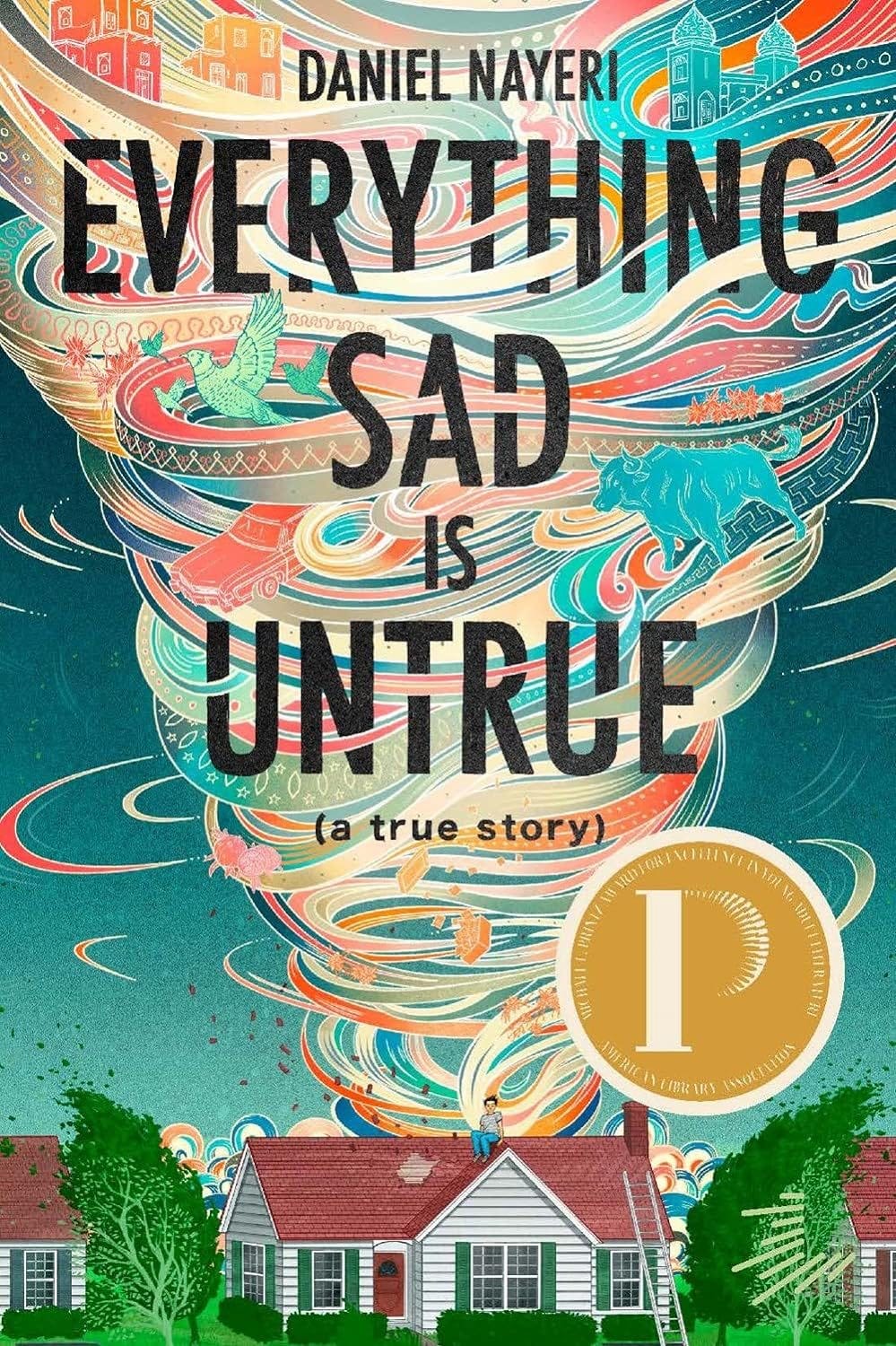
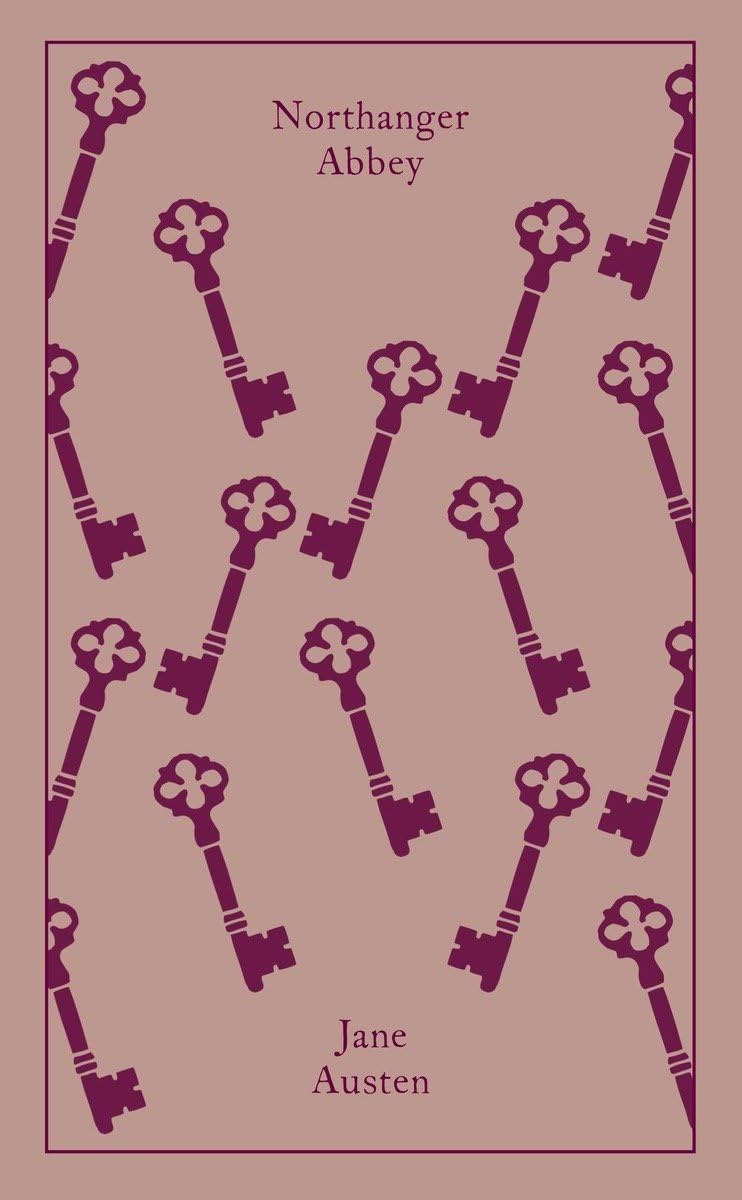


Haven’t tackled The Merchant of Venice yet, so thus will be great!
Thanks for including me!